Reducing Disparities
Criminalization disproportionately harms people and communities of color
Arresting and jailing people for addiction and homelessness targets Black, brown, and Indigenous communities and deepens racial disparities in arrests and mass incarceration.
- Oregon’s drug policies have always disproportionately ensnared Black, brown, and Indigenous people into the criminal justice system.
- Arresting, jailing, and convicting people for drug possession would regress Oregon to policies that cause permanent harm to Black and brown communities, including mistrust of law enforcement, racial profiling, and police brutality.
- Oregon has the fifth worst racial disparities for arrests in the nation, and prior to Measure 110 was 50th in access for addiction treatment services.
- People of color continue to be the most harmed and least helped by the criminal justice system and have the least access to treatment. Even after Measure 110, law enforcement continues to disproportionately target Black people with citations and misdemeanors at a higher rate than other demographics.
- Regressing back to arrests and jails would take Oregon back to profound racial disparities in our criminal justice system just as our communities are beginning to heal from harmful drug war policies.
- Law enforcement officers should focus on responding to serious crimes, not on low-level infractions that deepen racial disparities in our criminal justice system.
The Criminal Justice System Disproportionately targets individuals and communities of color

Law enforcement disproportionately targets low-income communities and people of color when enforcing drug laws, despite the fact that people of all races use drugs at similar rates. Research shows that prosecutors are twice as likely to pursue a mandatory minimum sentence for Black people compared to white people charged with the same offense.
These injustices create life-long barriers to employment, housing and health services that provide opportunities.

Federal law requires states to deny welfare and Supplemental Nutrition Assistance Program (SNAP) benefits, generally known as “food stamps,” to anyone with a felony drug conviction or to affirmatively opt-out or modify the ban.
Increased drug testing and hyper-criminalization fueled by the drug war combine to block people who use drugs, or are suspected of using drugs, from public services.
Why Decriminalize?
Decriminalizing and decoupling drug use from the criminal justice system are among the most effective, immediate things we can do to stop the ongoing harms of the war on drugs.
